Seiji Ozawa was born into a Japanese family living in Manchuria, then an occupied province of China and part of the Empire of Japan; but the family moved to the Japanese islands in 1944 when World War II resulted in the contraction of the empire. Ozawa had begun to study music at the age of seven, and soon showed a preference for Western classical music over Chinese or Japanese music. When he was twelve he began to study Bach with Noburu Toyomasu, and four years later he entered the Toho Gakuen Music School in Tokyo with the intention of training to become a concert pianist. However an accident when playing rugby, in which he broke both his index fingers, compelled him to change his plans and he turned to composition and conducting instead. The most influential teacher with whom he came into contact was Hideo Saito, a central figure in the development of the appreciation and understanding of Western music and musical technique in Japan.
During Ozawa’s student days he heard two American orchestras on tour in Japan, the Symphony of the Air and the Boston Symphony Orchestra, and these proved to be formative experiences. While still a student he began to conduct several different orchestras, including the NHK Symphony and Japan Philharmonic Orchestras; and he graduated from the Toho School in 1959, having won its first prize in both conducting and composition. With the intention of further study he travelled to Europe, where he supported himself by becoming a salesman for Japanese motor scooters in Italy and France. Here Ozawa saw an advertisement for the International Conducting Competetion at Besançon, decided to enter, and was awarded first prize. Two of the judges were particularly impressed with his talent: he studied further in France with Eugène Bigot, and Charles Munch, whom Ozawa had heard on tour in Japan, arranged for him to study at the Berkshire Music Center at Tanglewood during the summer of 1960.
Ozawa’s first visit to Tanglewood was very successful: he studied with Monteux and Munch, was awarded the prize for the most outstanding conducting student of the year, and won a scholarship to work in Berlin with Herbert von Karajan and the Berlin Philharmonic Orchestra. While in Berlin, he was heard by Leonard Bernstein, who was sufficiently impressed to engage him as an assistant conductor with the New York Philharmonic Orchestra in time for the orchestra’s forthcoming tour of Japan. Ozawa first conducted the NYPO at Carnegie Hall during April 1961, then visited Japan with it, and began his duties as assistant conductor at the start of the 1961–1962 season. He returned to Japan to conduct the NHK Symphony Orchestra in 1962, the year in which he also made his first appearance with the San Francisco Symphony Orchestra; and following engagements as a guest conductor with the Chicago Symphony Orchestra he was appointed artistic director of that orchestra’s Ravinia Festival, serving in this position from 1965 to 1969.
His career now progressed rapidly: he became chief conductor of the Toronto Symphony Orchestra in 1965, the year in which he led it on a highly successful tour of the United Kingdom. While at Toronto Ozawa worked as a guest conductor with several of the major American orchestras, including the Boston Symphony and Philadelphia Orchestras, and conducted for RCA Messiaen’s Turangalîla-Symphonie and Toru Takemitsu’s November Steps: highly praised recordings which did much to establish his international reputation. He became music adviser to the Japan Philharmonic Orchestra in 1968 and made his debut at the Salzburg Festival the following year, conducting Mozart’s Così fan tutte. In 1970 he was appointed artistic director of the Berkshire Music Center, alongside the composer and conductor Gunther Schuller, and chief conductor of the San Francisco Symphony Orchestra. While with this orchestra, Ozawa programmed a considerable amount of contemporary music, and built up close links with the Boston Symphony Orchestra on the other side of the country: in 1972 he was made that orchestra’s music adviser and in 1973 its chief conductor, as well as sole artistic director of the Berkshire Music Center. He was not to relinquish his direction of the Boston Symphony Orchestra until the end of its 2001–2002 season, creating an extraordinarily long period of tenure for a chief conductor of any symphony orchestra and rivalling the twenty-five-year reign of his distinguished predecessor Serge Koussevitzky. During Ozawa’s period with the orchestra he toured with it extensively, visiting Europe in 1976, 1979 and 1981, Japan in 1978, and China in 1979.
Ozawa made his debut at the Royal Opera House, Covent Garden in 1974, conducting a warmly praised account of Tchaikovsky’s Eugene Onegin; appeared at La Scala, Milan and at the Vienna State Opera; and made his debut at the Metropolitan Opera in 1992. In the same year he co-founded the renowned Saito Kinen Festival, in Matsumoto, Japan, in memory of his teacher at the Toho Gakuen School of Music, Hideo Saito; he recorded extensively with the orchestra which was formed from Hideo Saito’s former students especially to perform at the Festival. Towards the end of his time with the Boston Symphony Orchestra, Ozawa was occasionally criticised for programming works which he had studied sufficiently to conduct in concert, given his remarkably retentive memory, but whose complete interpretative potential he might yet have fully to grasp. On the other hand he was always the most fastidious and skillful accompanist, seemingly energised by his contact with brilliant soloists. In the autumn of 2002 he took up a new position as chief conductor of the Vienna State Opera, a post which brought him into close contact with the Vienna Philharmonic Orchestra. His concert performances with this orchestra were highly praised for their wit, panache and strong grasp of detail as well as of overall structure.
The Boston-based critic (and later the Boston Symphony Orchestra’s director of publications) Michael Steinberg graphically described Ozawa’s conducting style on the podium. When he recalled first seeing him conduct in 1965, there was ‘…a kind of lightness and grace that was in the music-making, but above all a physical gift for conducting that I’ve never seen surpassed by any other conductor.’ Ozawa possessed ‘…an incredible current of energy that seemed to begin in the small of the back and flow up the spine and across the shoulders, along the arms, through the hands all the way to the point of the stick, and into the air beyond. It was a beautiful thing to watch.’ Ozawa had a great impact upon the Boston Symphony Orchestra. He himself described how he changed the orchestra’s sound: ‘When I arrived as musical director, they had a very good French kind of colour,’ (alluding to the orchestra’s performances of works by composers such as Maurice Ravel and Claude Debussy) ‘but I thought my repertoire should be more German,’ incorporating Beethoven, Brahms, and Mahler. ‘I asked the orchestra for a more dark sound – and they did it.’
This duality is also reflected in Ozawa’s recordings. On the Austro-German side he recorded an extensive repertoire; however it is in the French repertoire that Ozawa’s recordings had been most distinguished. When asked what was the most important lesson he had taken from his twenty-nine years at the head of the Boston Symphony Orchestra, Ozawa’s reply was refreshingly frank: ‘That’s difficult. There have been so many experiences, so many friendships, so much wonderful music. I suppose in the end I’ve learned that music is everyday work. That this kind of art is practised and lived every day of your life. That’s it.’
© Naxos Rights International Ltd. — David Patmore (A–Z of Conductors, Naxos 8.558087–90).
| Title | |
| CLASSIC YO-YO MA (Classical Documentary, 2001) | |
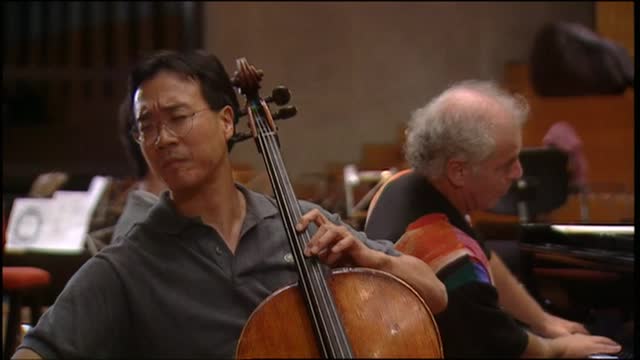
|
CLASSIC YO-YO MA (Classical Documentary, 2001)
Composers:
Bach, Johann Sebastian -- Dvorak, Antonin -- Piazzolla, Astor -- Tchaikovsky, Pyotr Il'yich
Artists:
Amsterdam Baroque Orchestra -- Ax, Emanuel -- Barenboim, Daniel -- Boston Symphony Orchestra -- Koopman, Ton -- Ma, Yo-Yo -- McFerrin, Bobby -- Ozawa, Seiji -- St. Petersburg Philharmonic Orchestra -- Stern, Isaac -- Tan, Dun -- Temirkanov, Yuri
Label/Producer: EuroArts |
| HERBERT VON KARAJAN MEMORIAL CONCERT | |
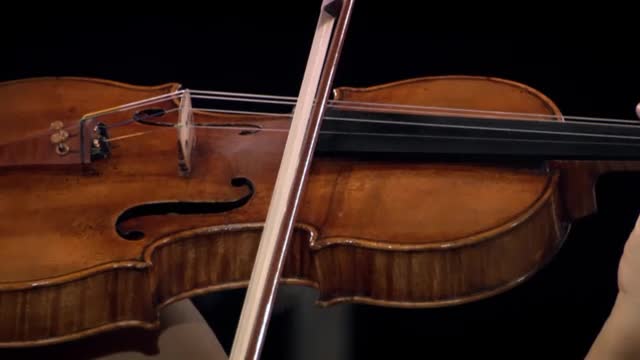
|
HERBERT VON KARAJAN MEMORIAL CONCERT
Composers:
Bach, Johann Sebastian -- Beethoven, Ludwig van -- Tchaikovsky, Pyotr Il'yich
Artists:
Berlin Philharmonic Orchestra -- Mutter, Anne-Sophie -- Ozawa, Seiji
Label/Producer: UNITEL |
| JESSYE NORMAN SINGS CARMEN (Paris, 1988) | |
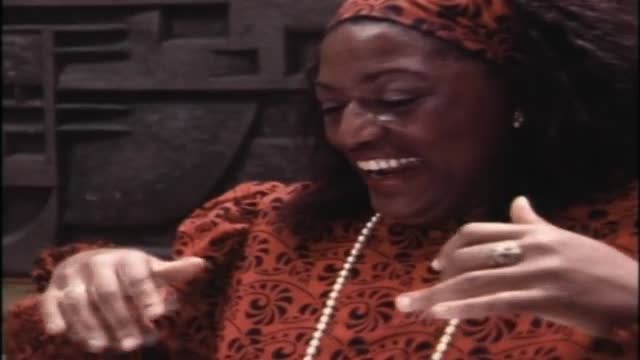
|
JESSYE NORMAN SINGS CARMEN (Paris, 1988)
Composer:
Bizet, Georges
Artists:
Estes, Simon -- French National Orchestra -- French Radio and Television Chorus -- Norman, Jessye -- Ozawa, Seiji -- Shicoff, Neil
Label/Producer: C Major |
| MARSALIS ON MUSIC: Listening for Clues | |
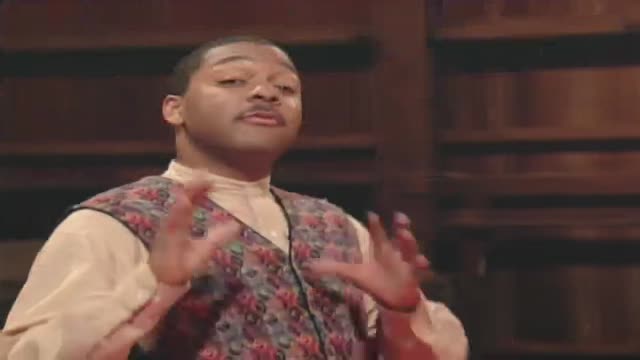
|
MARSALIS ON MUSIC: Listening for Clues
Artists:
Marsalis, Wynton -- Ozawa, Seiji
Label/Producer: C Major |
| MARSALIS ON MUSIC: Sousa to Satchmo | |
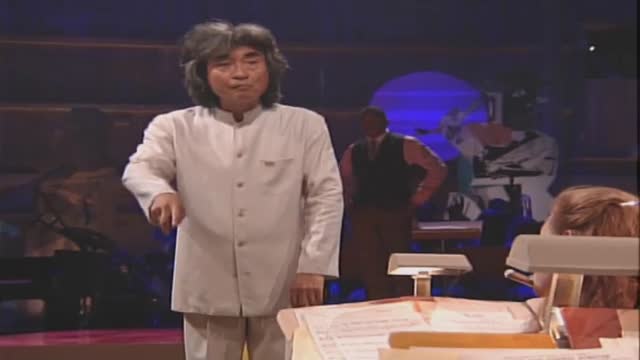
|
MARSALIS ON MUSIC: Sousa to Satchmo
Artists:
Marsalis, Wynton -- Ozawa, Seiji
Label/Producer: C Major |
| MARSALIS ON MUSIC: Why Toes Tap | |
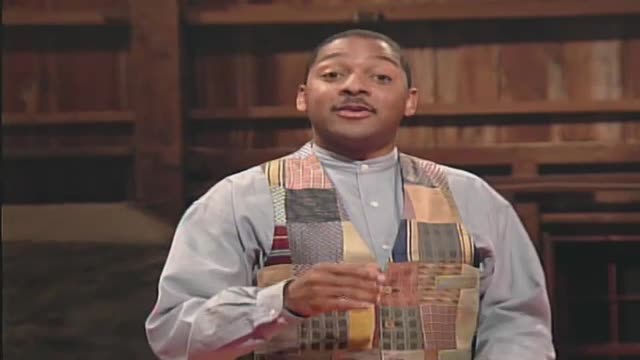
|
MARSALIS ON MUSIC: Why Toes Tap
Artists:
Marsalis, Wynton -- Ozawa, Seiji
Label/Producer: C Major |
| OZAWA | |
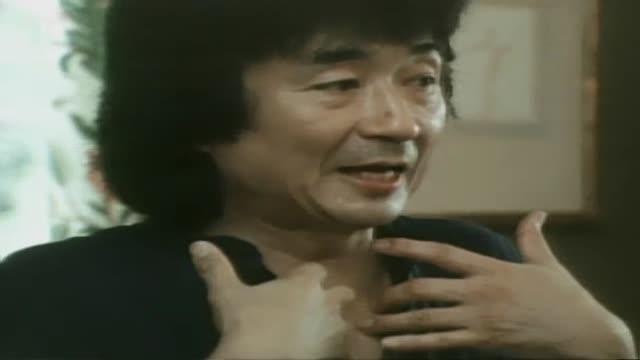
|
OZAWA
Artist:
Ozawa, Seiji
Label/Producer: C Major |
| STRAVINSKY, I.: Oedipus rex (Saito Kinen Festival Matsumoto, 1992) | |
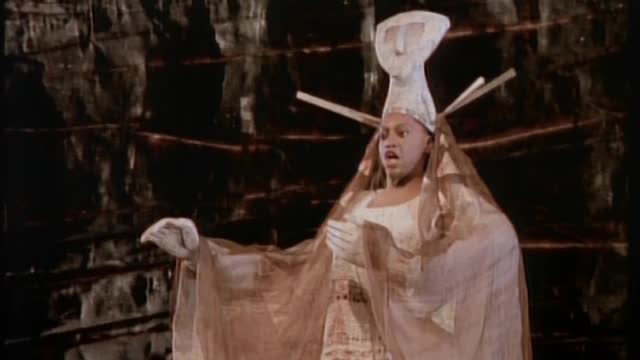
|
STRAVINSKY, I.: Oedipus rex (Saito Kinen Festival Matsumoto, 1992)
Composer:
Stravinsky, Igor
Artists:
Langridge, Philip -- Norman, Jessye -- Ozawa, Seiji -- Peeters, Harry -- Saito Kinen Festival Dancers -- Saito Kinen Orchestra -- Shin-yu Kai Choir -- Shiraishi, Kayoko -- Swensen, Robert -- Tanaka, Min -- Tatara, Michio -- Terfel, Bryn -- Tokyo Opera Singers
Label/Producer: C Major |
| WALDBUHNE IN BERLIN 2003 - A Gershwin Night (Ozawa) | |
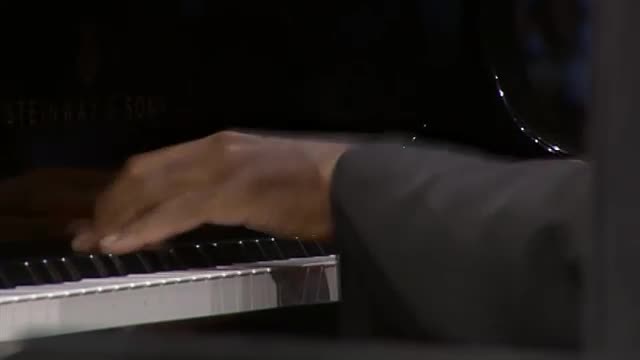
|
WALDBUHNE IN BERLIN 2003 - A Gershwin Night (Ozawa)
Composers:
Gershwin, George -- Lincke, Paul -- Roberts, Marcus
Artists:
Berlin Philharmonic Orchestra -- Guerin, Roland -- Marsalis, Jason -- Ozawa, Seiji -- Roberts, Marcus
Label/Producer: EuroArts |
